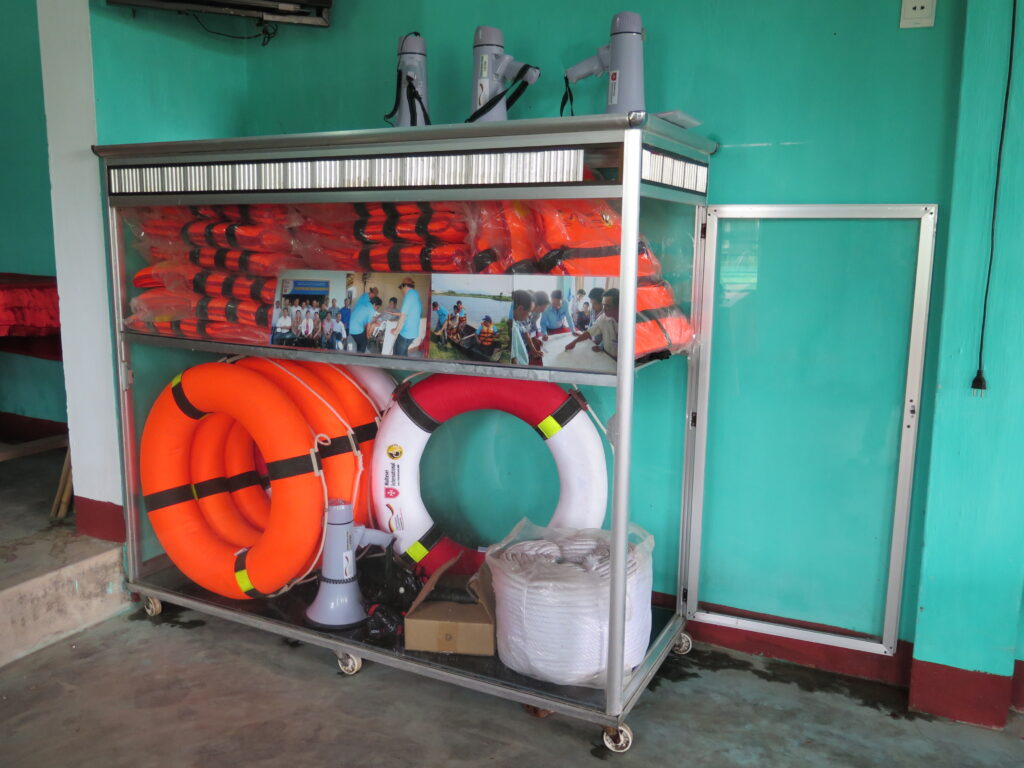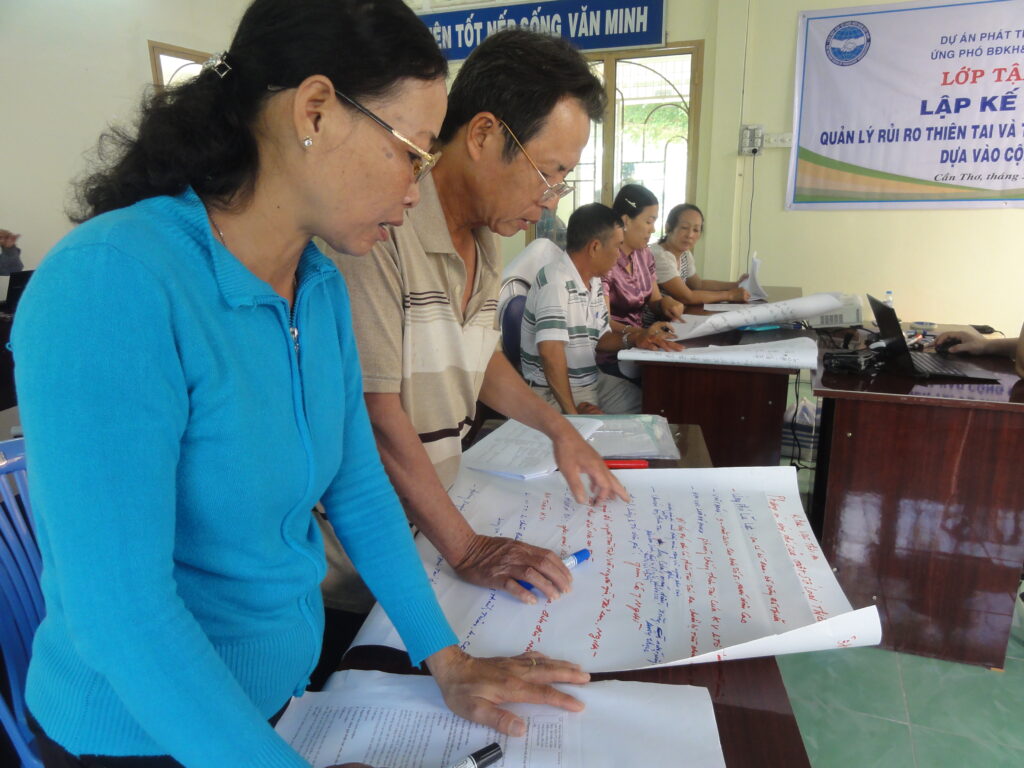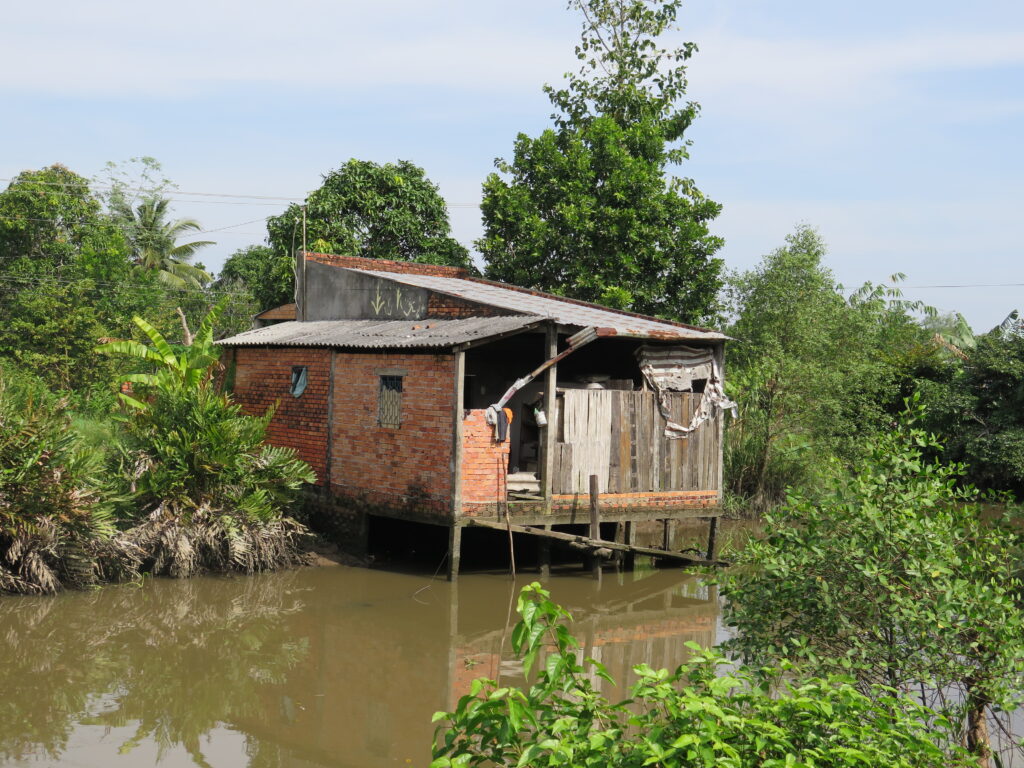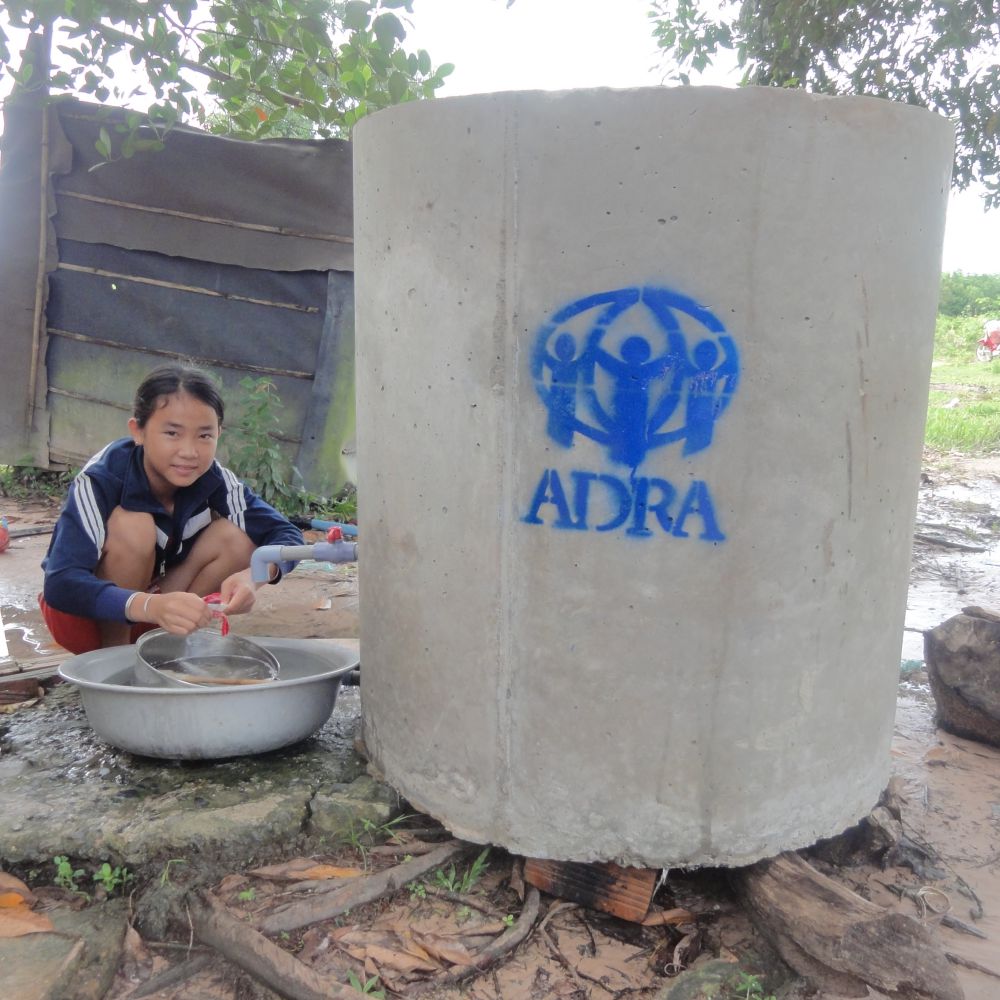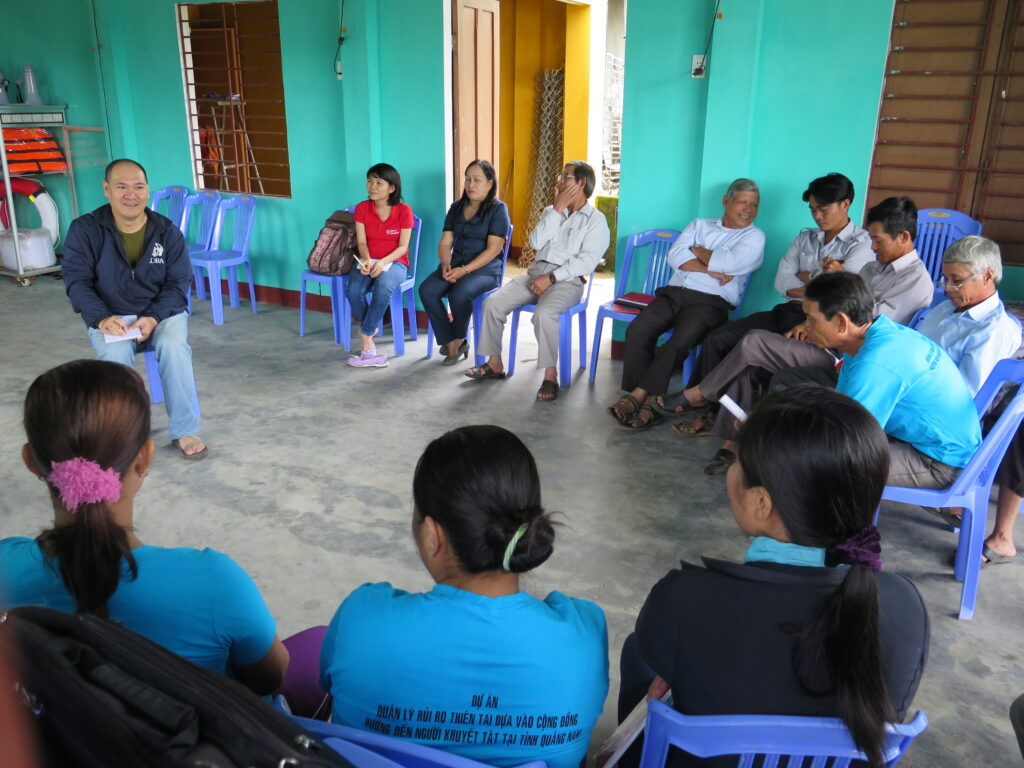Vietnam is classified one of the most natural disasters prone and severely affected by climate change countries. The Mekong River Delta (MRD) lying in the South hits top three of the most vulnerable deltas to the sea level rising and extreme weather (along with the Nile Delta in Egypt and the Ganges Delta in Bangladesh). The MRD covers an area of over 39,000 square kilometers, has 18 million people and consists of 13 provinces contributing to 53% total agricultural products. Over 90% of rice exports, 65% of aquaculture outputs and 70% of the fruit come from this region.
Can Tho City lies at the heart of Mekong River Delta and is suffering an ample of negative impacts including temperature rising, flooding, rainfall, saltwater intrusion, riverbank erosion. From 2013 to 2014, ADRA in Vietnam implemented a regional project, so-abbreviated SEA:REACTi, in Thoi An Dong Ward of Can Tho City to facilitate an informative forum and specialized training in sustainable agriculture, natural resource management and climate change adaptation techniques. Another key component of the project driven in execution was designing and piloting a Climate Change Adaptation project at grassroots level with the objective of being able to scale up and integrate into existing ADRA Australia funded projects.
Based on the experience and lessons learned from the SEA:REACTi Project and context in Can Tho, the Capacity building for Climate Change Adaptation and Disaster Risk Management Project (CADIM) is proposed for the period in Thoi An Dong and Long Tuyen Ward of Can Tho City with the aim of equipping rural community members with knowledge, competences and tools to responde to the escalating climate change effects.
The project will 1/ provide training sessions to enhance capacity of the government staff and communities’ leaders on community-based Climate Change Adaptation & Disaster Risk Management (CCA&DRM) utilizing local resources; 2/ deliver Information, Education & Communication materials to raise awareness of the whole community, especially targeting vulnerable groups as children, women; 3/ facilitate the formation and implementation of the community-based CCA&DRM plans, notifying the integration of these plans into the general socio-economic development scheme at commune level; 4/ organize networking and final workshop that invite relevant institutions working on climate change and disaster risk management in the country and regionally for learning and sharing innovative and effective CCA&DRM models.
There are 2,500 households benefited from CADIM project.


